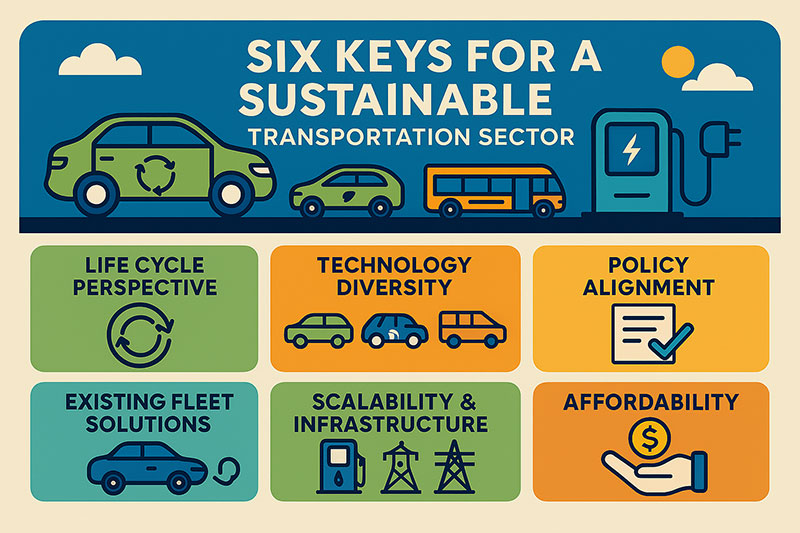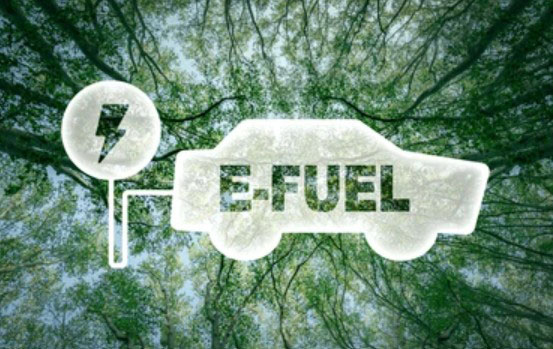Transportation Energy Institute Study Evaluates EVSE Programs to Discover Features That Are Most Successful
 The availability of electric vehicle (EV) charging infrastructure, formally referred to as electric vehicle supply equipment (EVSE), is a primary concern with respect to developing an EV and EV charging market in the U.S. Over the last decade, federal, state, and local governments; utilities; and other stakeholders have introduced new policies, programs, and incentives to support and accelerate both the adoption of EVs and the deployment of EVSE.
The availability of electric vehicle (EV) charging infrastructure, formally referred to as electric vehicle supply equipment (EVSE), is a primary concern with respect to developing an EV and EV charging market in the U.S. Over the last decade, federal, state, and local governments; utilities; and other stakeholders have introduced new policies, programs, and incentives to support and accelerate both the adoption of EVs and the deployment of EVSE.
Policies for Electric Vehicle Charging Infrastructure Deployment was developed by ICF researchers who reviewed and evaluated the market influence of nearly 500 different policies and incentives, studying their influence on market development from a data-driven perspective as well as from the perspective of key stakeholders.
The study aimed to complete the following objectives:
- Identify the major existing U.S. policies, incentives, and programs (collectively referred to as “policies”), or categories thereof, that have been implemented in the past five years (2016-2020).
- Evaluate the effectiveness of the policies in influencing EV charging infrastructure development.
- Evaluate the relationship of policies and the development of an EV charging market.
- Identify opportunities for future policy formulation.
With a focus on the above objectives, this report aims to provide policymakers, regulators, business leaders, and other stakeholders with insights into the effectiveness of various policy types and approaches in supporting EVSE deployment in an efficient and effective manner.
Please fill out the form below to download the full report.
Introducing the Study
Summary of Findings
Infographic






